
William Heisel
Contributing Editor

Contributing Editor
I have reported on health for most of my career. My work as an investigative reporter at the Los Angeles Times and the Orange County Register exposed problems with the fertility industry, the trade in human body parts and the use of illegal drugs in sports. I helped create a first-of-its-kind report card judging hospitals on a wide array of measures for a story that was a finalist for the Pulitzer Prize. I was one of the lead reporters on a series of stories about lead in candy, a series that also was a finalist for the Pulitzer.For the Center for Health Journalism (previously known as Reporting on Health), I have written about investigative health reporting and occasionally broke news on my column, Antidote. I also was the project editor on the Just One Breath collaborative reporting series. These days, for the University of Washington, I now work as the Executive Director for Insitutue for Health Metrics and Evaluation's Client Services, a social enterprise. You can follow me on Twitter @wheisel.
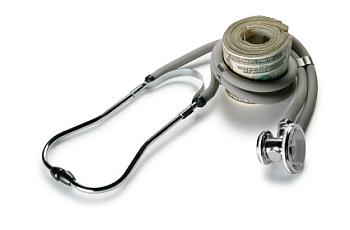
<p>Should the California Medical Board make a public case for more money? Yes, William Heisel says, noting that it costs doctors more to protect the few bad doctors in their midst from punishment than it does to help maintain the state’s system of medical rules and guidelines.</p>

<p>A regional reporter investigates a health insurer's repeated denials of diagnostic tests — and triggers a federal investigation. William Heisel interviews Jonathan Starkey of the Wilmington News Journal.</p>
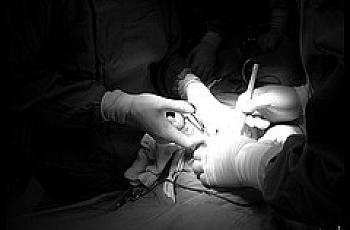
<p>The new filing by the U.S. Drug Enforcement Agency <a href="../../../../../../../../blogs/shadow-practice-update-doctor-who-sold-prescribing-license-cheap-finally-pays-price">against Dr. Scott Bickman</a> for his role in a California painkiller mill reveals a very sad truth. Maria Garcia’s death could almost certainly have been avoided.</p>
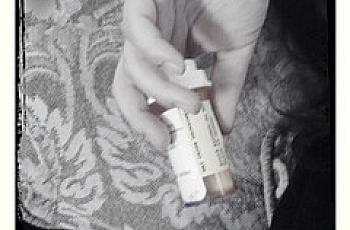
<p>How one doctor could allow another doctor to use his license to order painkillers for a clinic being used as a front for a drug mill and still be allowed to operate with no restrictions on his license is a true mystery. Finally, William Heisel reports, Dr. Scott Bickman faces some sanctions.</p>

<p>Empowering patients has been a health care mantra for at least a decade. But patients can only do so much to protect themselves from harm, especially when it comes to hospital-acquired infections.</p>
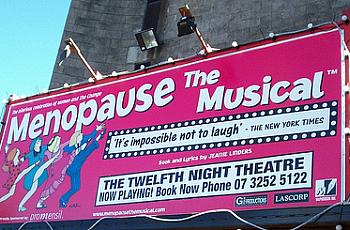
<p>Journalist Liz Scherer talks with Antidote blogger William Heisel about why we medicalize menopause and other life transitions in a wide-ranging conversation about media coverage of women's health.</p>

<p>William Heisel interviews health writer Liz Scherer about the latest coverage of the Women's Health Initiative study on hormone replacement therapy and her tips for covering women's health.</p>

<p>The charade perpetrated by William Hamman, the United Airlines pilot who had a second, lucrative <a href="../../../../../../../../blogs/william-hamman-wisconsins-flying-fake-cardiologist-sailed-past-many-who-easily-could-have-caug">career as a fake cardiologist</a>, is starting to have consequences.</p>
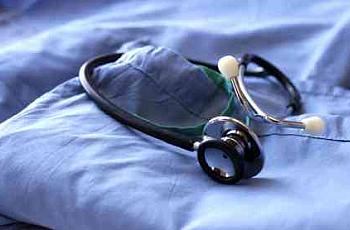
<p>Dr. David C. Martin may be onto something. In three Antidote posts last week, he made the case that health care workers should not wear surgical scrubs out in public. If seen doing so, they should be confronted. Now, doctors are talking back. </p>

<p>The idea of telling health care workers they should not wear their scrubs outside the hospital lit up the social media world this week. Dr. David C. Martin, a retired Sacramento anesthesiologist who abhors the too-casual practice of scrubs on the street, has hit a nerve.</p>